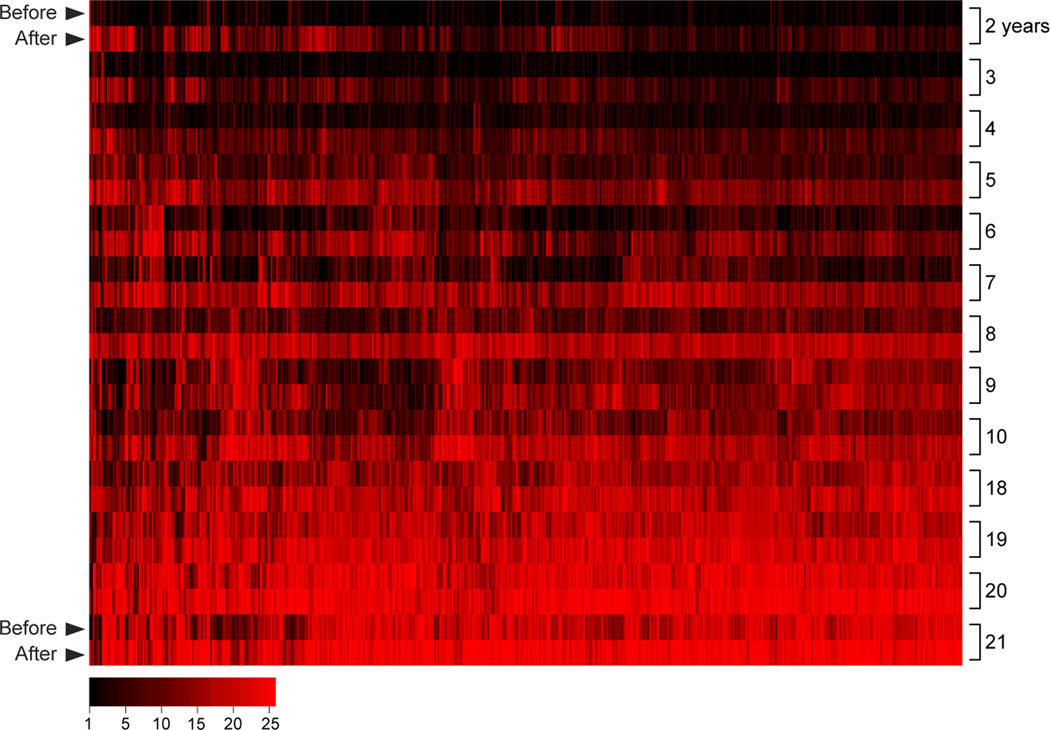Figure 2. The P. falciparum-specific IgG response is broad but short-lived in children.
Shown is IgG reactivity (red) specific for 491 P. falciparum proteins (columns) in plasma collected from children (n=157) and adults (n=37) before and after an intense 6 month malaria season [(55) for detailed Methods and Results]. The average IgG level for each protein is stratified by 1-yr age groups from 2–21 yrs, and within each age group from before to after the malaria season (rows). A broad P. falciparum-specific IgG response is present after the 6-month malaria season in children as young as 2 yrs, however, the IgG response in young children is short-lived based on IgG levels at the end of the 6 month dry season, a period of little to no P. falciparum transmission. With increasing age, IgG levels at the end of the dry season gradually increase until plateauing in adulthood.

